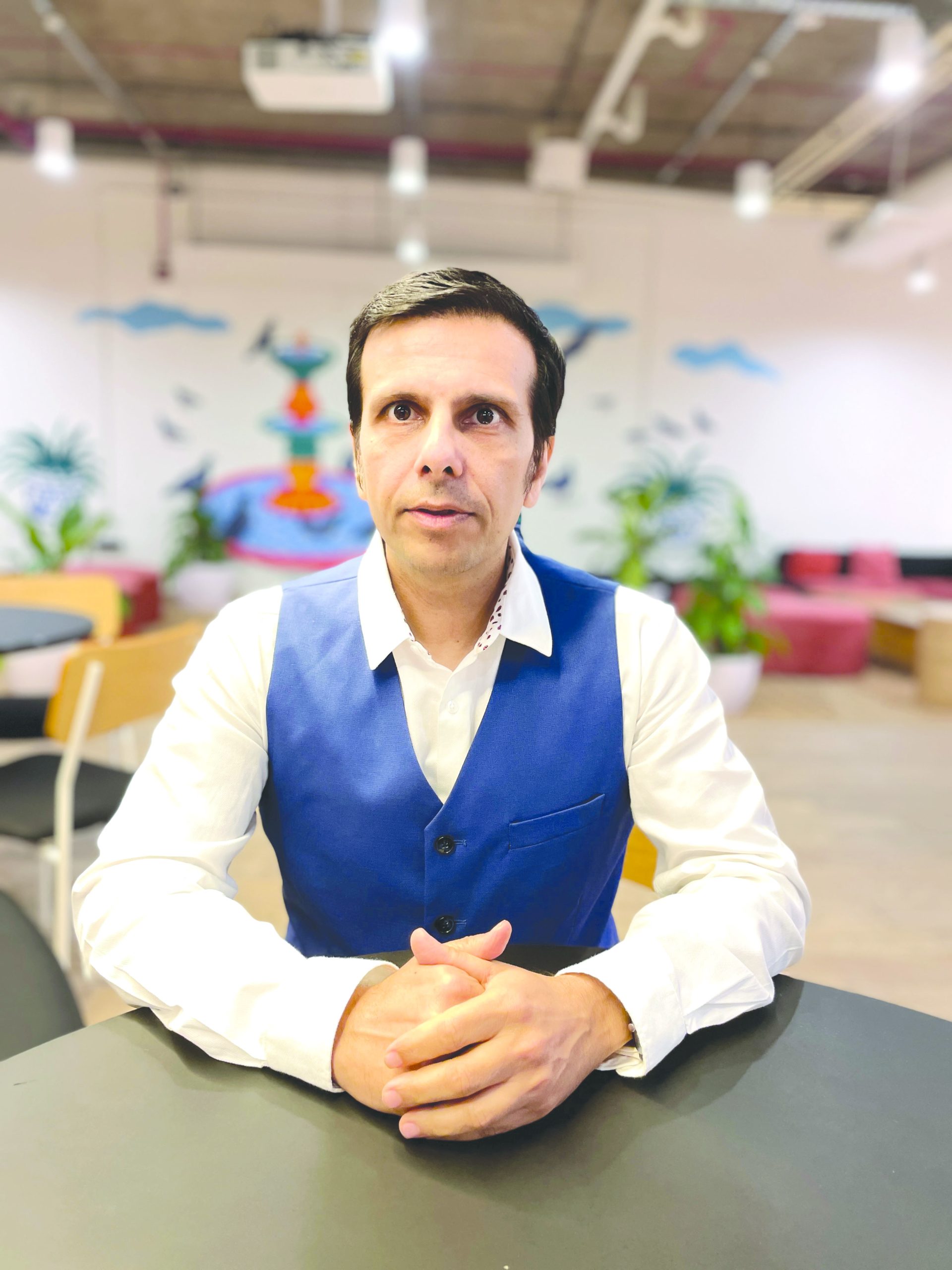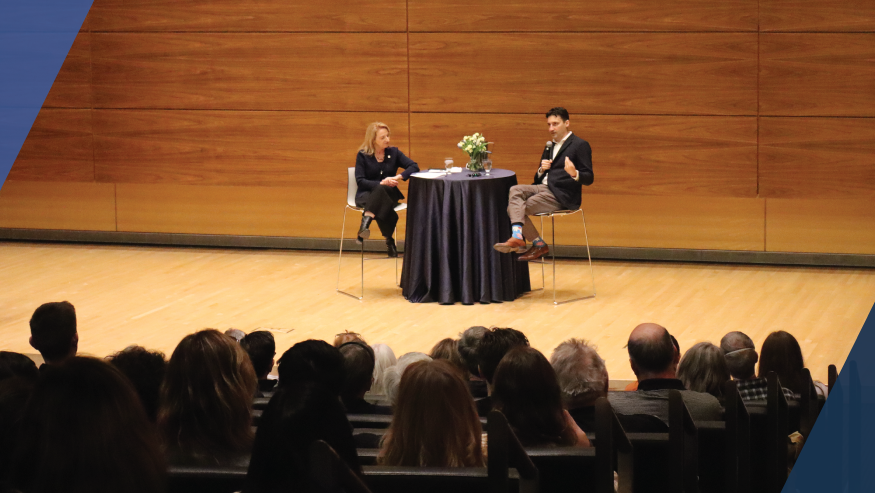You First, Parenting Second: Importance of Self-Care

For most parents, parenting is a big to-do list that never ends. Between juggling office, home, school routines, meal plans and children’s play, parents have little or no time for themselves.
Most are so over-invested in their children’s well-being that they often ignore their own physical and emotional health.
But parents, please note your emotional state directly affects your children. If you’re emotionally drained and exhausted, the negative energy will manifest in your parenting. Children sense it when parents constantly worry about their schoolwork and marks, or express nervousness. Being “always on” doesn’t make you a better parent; it burns you out.
During the past quinquennium, parental burnout has become a major problem with an increasing number of parents struggling to cope with family and societal pressures, umpteen challenges of modern life and parenting duties. Typical burnout symptoms include exhaustion, fatigue, exasperation and emotional distancing from children. Several studies have concluded that parental burnout adversely affects parenting obligations and capability. Highly-stressed parents tend to pass their anxiety, frustration and exhaustion onto children.
If you suspect you’re experiencing parental burnout, ask yourself these questions to assess your condition:
Exhaustion
If you answered ‘Yes’ to these questions, you are experiencing physical and mental exhaustion.
Cynicism
‘Yes’ and you are experiencing emotional detachment and loss of parenting joy.
Ineffectiveness
‘Yes’ to these questions and you are struggling with parental self-doubt and burnout-related guilt.
Parental burnout depletes physical, mental and emotional energy. Physical energy depletion results in sleep loss due to hectic schedules, skipping meals and/or relying on quick, unhealthy food, and ignoring hydration and self-care.
Mental energy is depleted when parents overthink their children’s future, constantly solving problems such as homework, schedules, tantrums, and worrying about money, marks, etc.
Emotional energy is depleted because of constant societal pressure to become the perfect parent, and you experience guilt for not spending enough time with children, and negative self-talk (“Am I doing this right?”).
Parents need to be sensitive to warning signals and adopt coping strategies, starting with slow-down and self-care, to rediscover the enjoyment of raising healthy, cheerful children. Here’s a PNR (Pause, Notice, Reframe) ticket to self-care parenting.
Remain alert to potential conflicts with your child and recognize the most common triggers that spark a negative reaction. Common triggers include:
Identify the top two-three triggers that push your buttons the most. Anticipating them helps you prepare ahead of time, reducing stress and preventing knee-jerk reactions. Moreover, ‘notice’, identify and acknowledge negative emotions.
Reframe – Change your perspective and response.
Reframing helps you shift from reaction to intention. Children’s misbehavior is often a cry for connection, not defiance. Reframe by using PNR, i.e:
By building Parenting Emotional Intelligence (PEQ) and practicing self-care, parents can create a healthier, happier home environment to nurture cheerful and confident children.
(Rahul Shah is a Mumbai-based teen success coach and psychologist)







:max_bytes(150000):strip_icc()/survivor-48-Joe-Eva-Kyle-Kamilla-Mitch-051325-e59911a910d7414cab7d0813ef46bed9.jpg)


